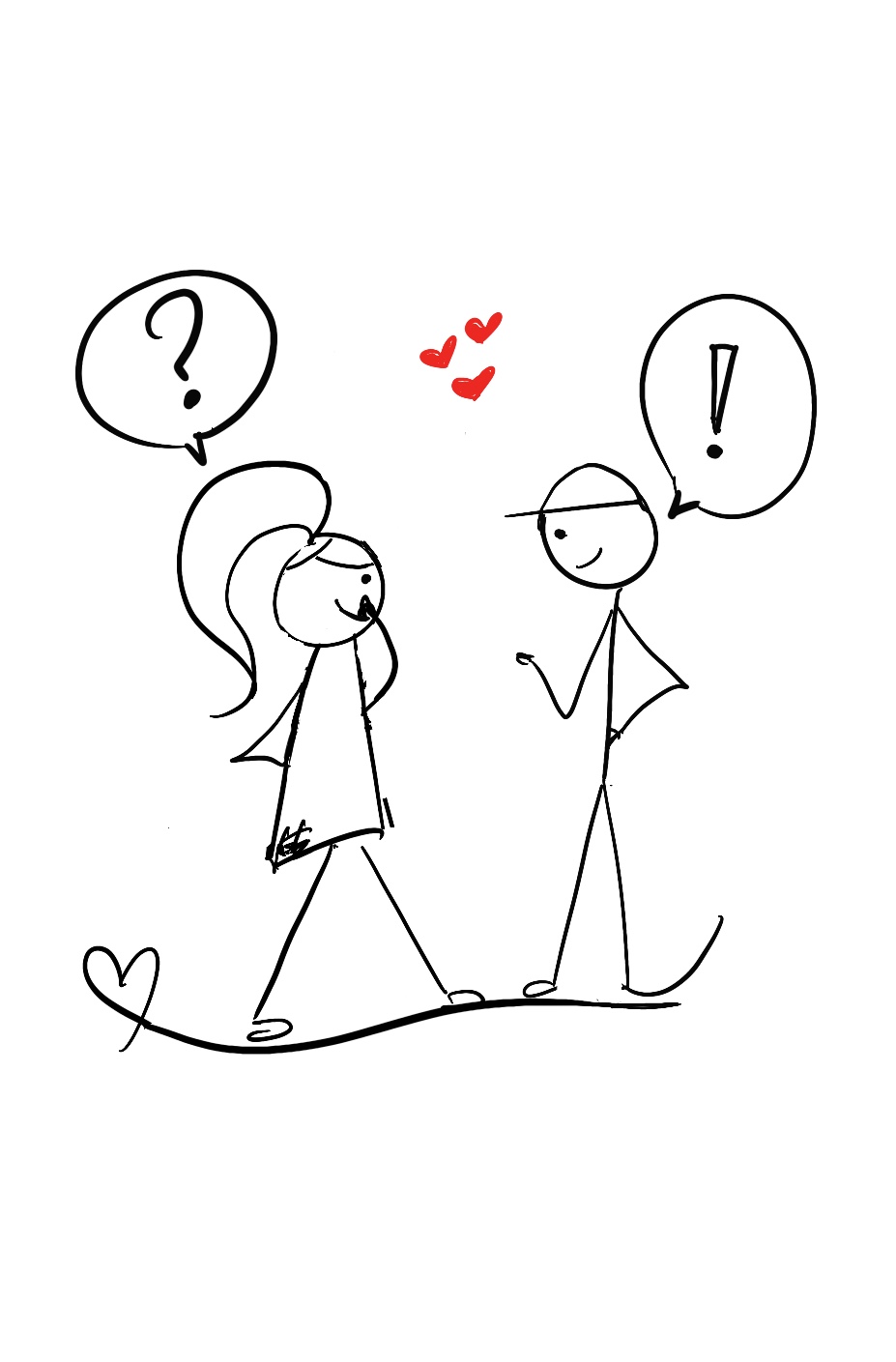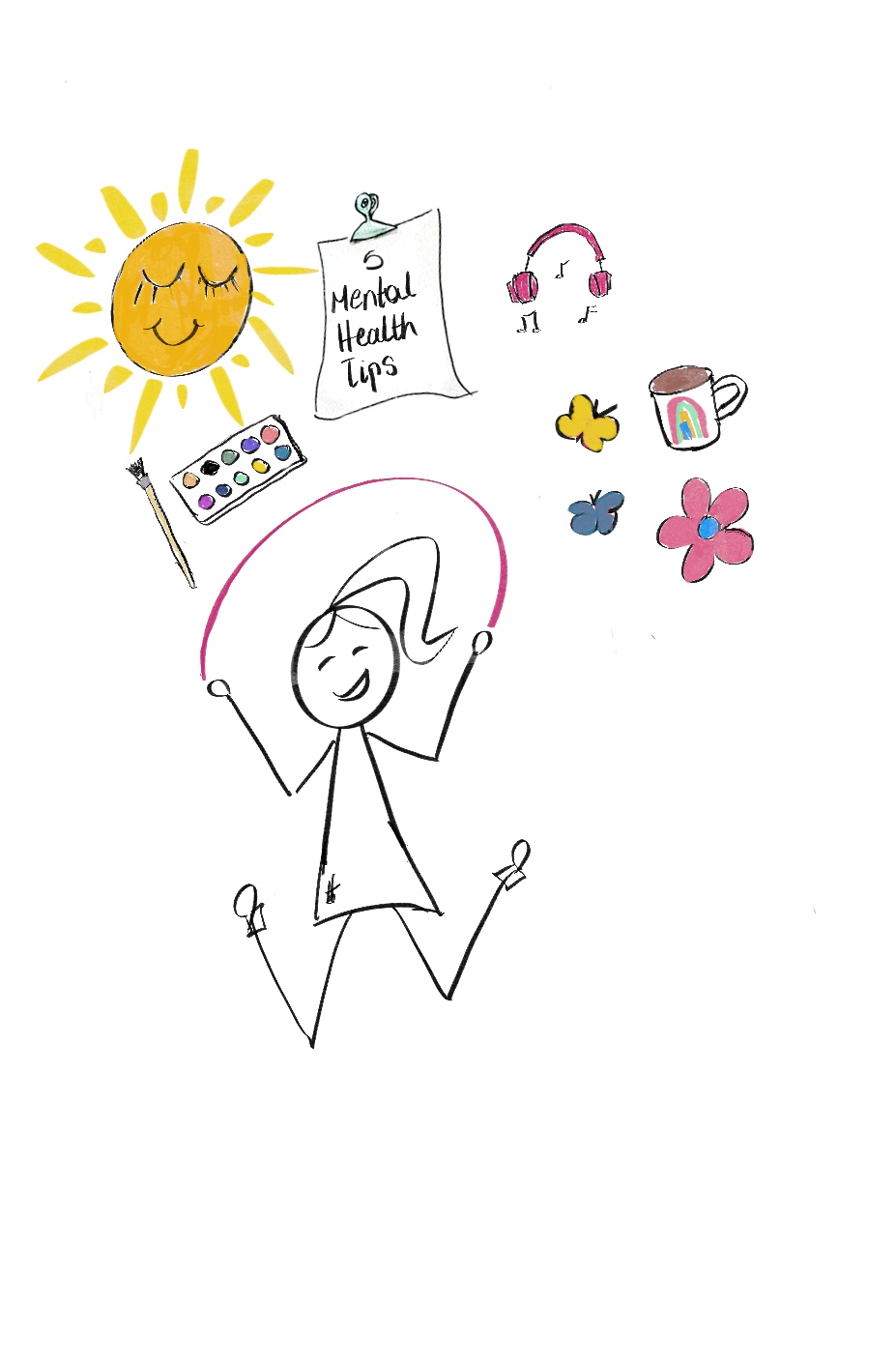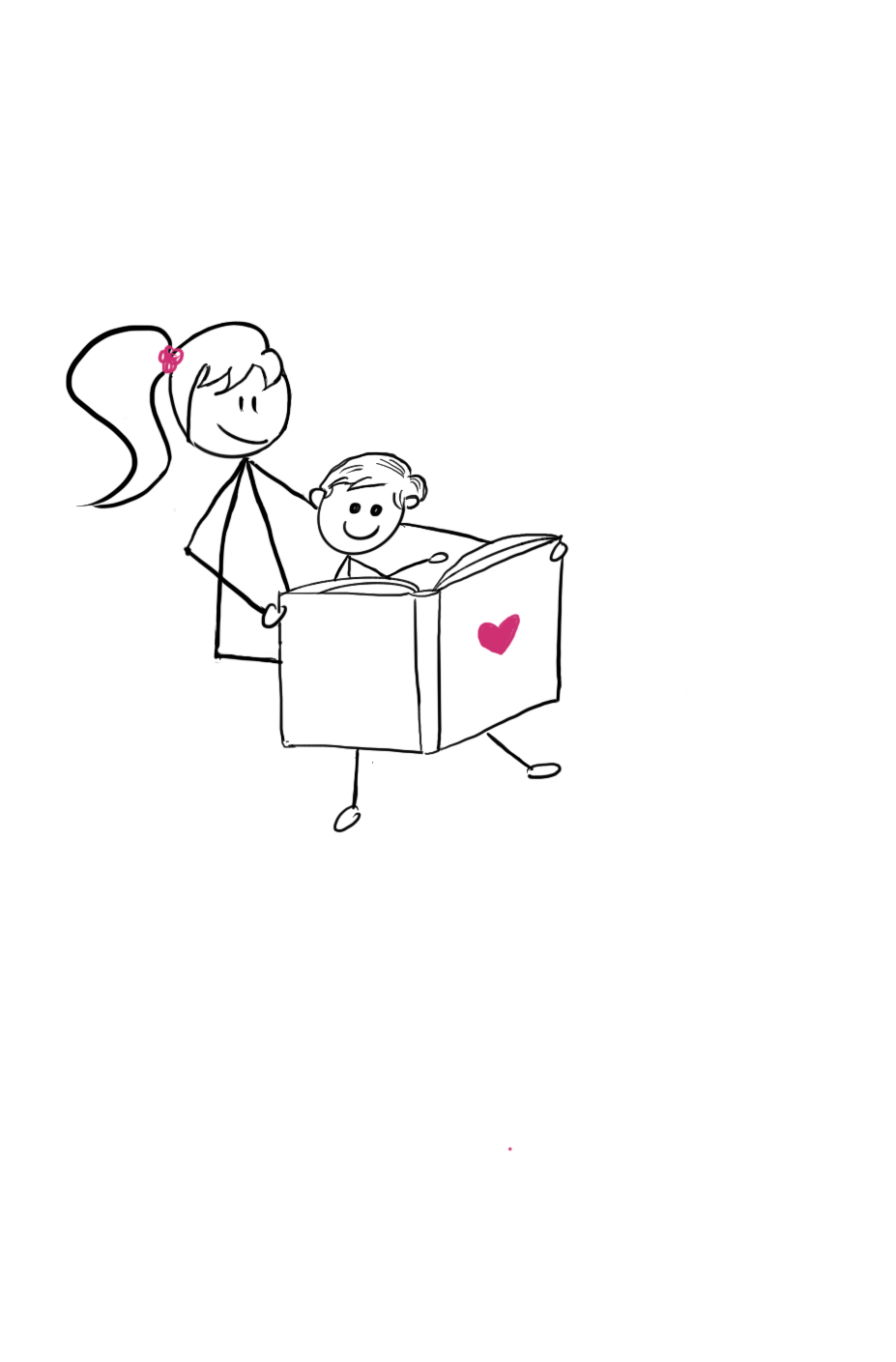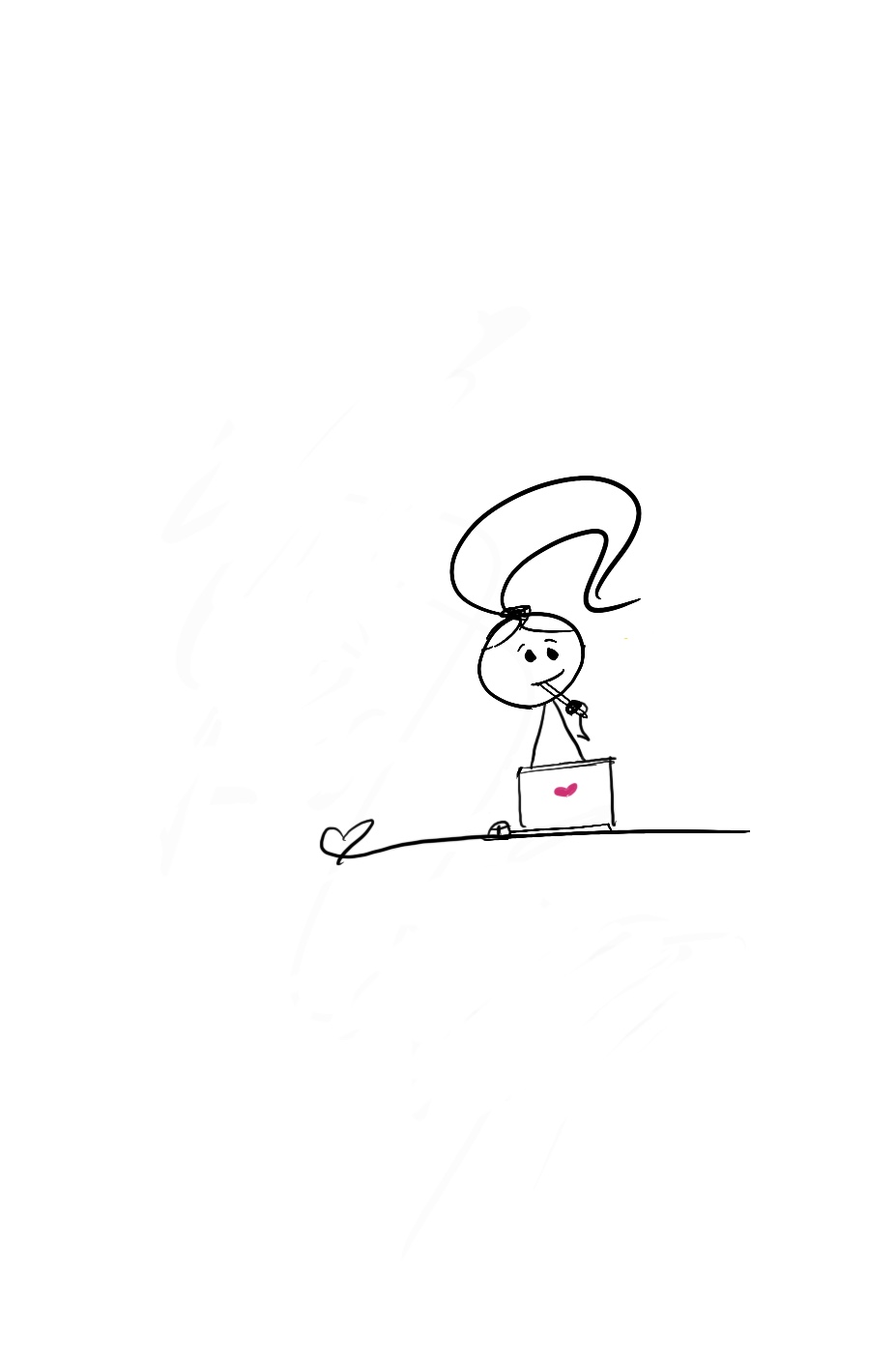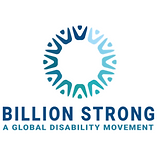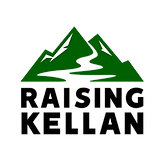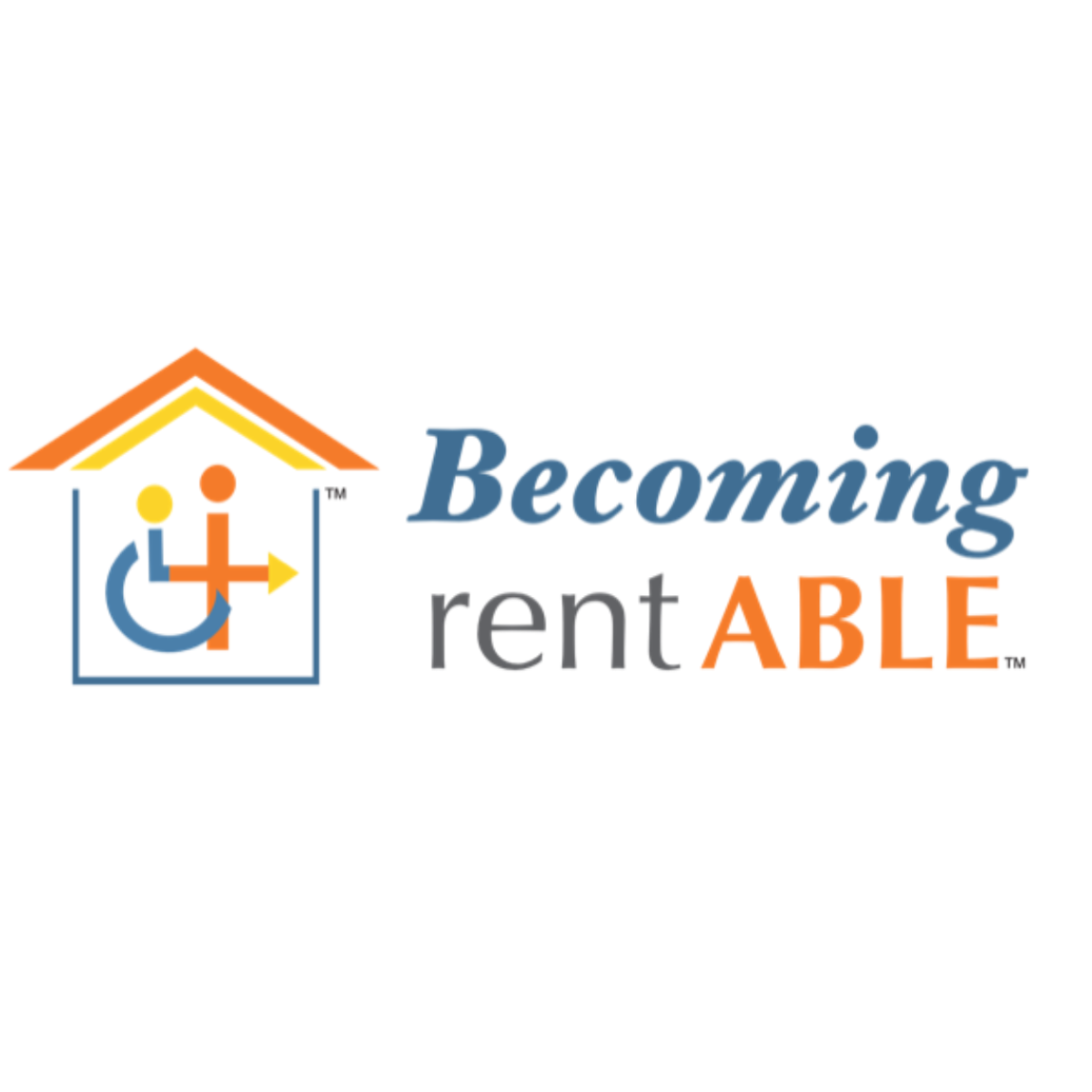How to Say Goodbye to Your Extraordinary Guide Dog (+ 3 Self-Care Tips)
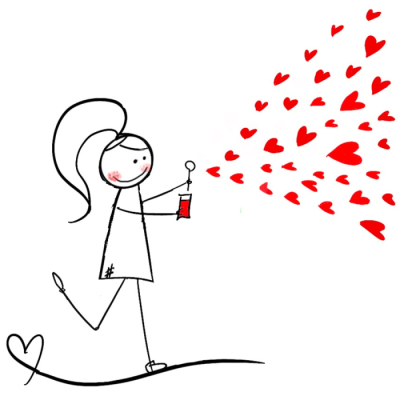
You look at your harness, the disused leash, the empty dog bed. And, you think back to the first time you met.
The countless demanding routes you practiced. The hundreds of public awareness projects you took on.
And now?
It feels like your vital lifeline has been cut off.
I know the feeling.
You see, it’s my practice to write a goodbye post at the end of your guide dog’s journey.
But, this time the ending has hit me hard.
Why?
Because Amazing May was the first guide dog I trained for our guide dog school in Greece.
In fact, she was the first puppy to enter our puppy-raising program.
And the best part?
My parents and I were May’s puppy-raising family.
It’s no secret then, why saying goodbye is a testing challenge for all of us.
And, if you’re a guide dog owner, like Anna Maria Gkertsou, saying goodbye can feel like a herculean task.
So, what can you do?
In this post, you’ll learn about the 5 different stages of grief and how to cope with the loss of your guide dog. Are you ready?
How to sail the stormy sea of guide dog loss
Like a sailboat navigating foggy waters, sadness is a healing process you have to find your way through — and there’s no easy way to do it.
A good rule of thumb is to let yourself feel the unwelcome emotional state, let yourself accept it, and recognize it as your own singular, unique experience.
But how?
There are five common stages of grief that we all experience.
So, let’s briefly cover them.
Stage 1: Denial
Denial is like your personal push-button helping you keep in check the shock that comes with overpowering news. Here you may find yourself feeling numb, refusing to believe your guide dog has died or how important it is.
And I won’t lie to you, you might find yourself remembering all those things that bugged you about your guide dog. You might even feel relieved — you don’t have to wake up with the birds or take that extra nighttime walk before bed.
One of my clients confided that, as much as she missed her guide dog, she also felt an unexpected weight lift off her shoulders. No more worrying about her dog getting stepped on in crowded places, no more navigating the stress of keeping them safe in chaotic environments. And that’s okay. Grief is complicated, and so are the emotions that come with it.
That’s ok, too.
Stage 2: Anger
Anger is a foxy emotion to handle.
It leaves you feeling like you’re swimming in the ocean with no land in sight, it creeps up, and your mind begins to wonder.
How will I go to work? How will I navigate the streets? Will I be accepted for another guide dog? What will my new guide be like, and what happens if I don’t like him? Or worse, what if my new dog doesn’t like me?
And, let’s be honest, we all feel cranky when we’re angry, don’t we?
I find it helps to have an outlet of relief and in this case, writing a letter to your guide dog, or listening to your favourite music can help.
Stage 3: Depression
Do you feel irritable, and can’t concentrate? Do you find it easy to cry? Do you fall asleep only to find yourself awake again?
I think we can all say that we have experienced feeling blue at some point in our lives.
I try to take a little walk. You could also try talking to your best friend or reading a spellbinding book — whatever get’s you through this low time.
And, if it feels more than this, if you feel like hiding away to grieve, that’s ok too.
Stage 4: Guilt
Guilt is a tough feeling. It tracks you like an ugly shadow, and you wonder if you did enough to help your beloved guide dog.
Many of us feel guilty for something that we couldn’t help.
Try talking to people who know you well, and care about you, or reach out to your guide dog school for support or even a professional counselor.
Stage 5: Negotiating
Not everyone goes through the stage of negotiating.
But when you do, you’ll find yourself negotiating with just about everyone from your veterinarian to your guide dog mobility instructor, even your wife and children.
Why?
Because a part of you knows that it’s the end of the relationship. And, another part of you wants to hope it’s not true; you’ll try anything to make it last longer, am I right?
This stage can overlap with the denial process.
But, one good thing about it is — when the relationship ends, you’ll feel secure you did everything possible to help your guide dog.
And, this feeling of security can decrease your feelings of guilt.
Invigorate your healing process
There is no right or wrong way to grieve.
And, while I would love to tell you how you’ll spend one week in the first stage, and another week in the second, our feelings don’t work that way.
Instead, the lines are blurred, and you could find yourself moving from one stage to another and back again.
You may feel irrational.
This is also normal.
It’s normal to remember the loss and suddenly find yourself feeling sad again.
But, if you find your sadness is causing problems in your life or lasting longer than you think it should, then I encourage you to talk to someone.
Contact your guide dog school for support or a professional counselor.
How to seek emotional closure
Now that you know it’s vital to open yourself up to the healing process, you can use the following 3 strategies to help you do just that.
1. Use your special memories like currency
Did you know your bond is a type of currency?
Yes!
Your special memories are a fountain of energetic wealth. They can help you create a world where you see yourself moving freely with your cane or new guide dog.
Like a painting, the canvas of your mind is the richest resource you have to help you create healing.
At Lara Guide Dog School, memories are a tool we use to practice with our students.
It’s called Visualisation and Guided Imagery for Loss.
And, you can use it too.
In fact, anyone who suffers from pain and loss can use it.
How?
First, picture the feeling you want to visualize.
Then, close your eyes and take a deep breath.
Imagine yourself walking down a path, feeling no pain.
Speak your vision. Draw your vision. Write it in words. Give it a scent.
Connect a feeling and listen to it.
In short, bring your feeling to life with all your senses.
Science tells us the more often we redirect our focus away from our pain, the weaker neural pathways connected to our pain become.
2. Create something to claim the honour of your remarkable bond
You don’t just grieve what’s missing. You also grieve the ways in which your loss affects your senses.
One way to help you say goodbye and find closure is to hold a ceremony. This will help you bring your friends and family together, allowing you to reconnect and celebrate the guide dog you admired.
Another way is to keep a journal, put words to losses, and name what you lost because it will encourage you to move forward.
In fact, psychologists advise writing about emotional turmoil because it can improve your physical and mental health.
3. Take your time applying for your new guide dog
It’s true. Instead of the familiar harness in your hand, you’re tapping along with your cane again.
Instead of navigating obstacles like a pro, you’ve slowed to a crawl like a snail.
Your family and friends don’t really understand the sudden change in your mobility.
Heck, you don’t either.
When this happens you find yourself wanting to take the next exit as quickly as possible and apply for a new guide dog.
But, the effort and stress of actually applying for, training with, and bringing home a new dog, when your heart still aches can be tricky.
Why?
Because we tend to compare the new dog to the old.
“But May KNEW when to stay under the bench and wait for me at Judo! Babou is silly!” thinks Anna Maria.
Ok. So maybe you won’t think your new guide dog is silly, but the prickly feelings of sadness and guilt can quickly surface in a negative way.
Take this time to heal.
You will know when you are ready to welcome a new guide dog into your life.
A Final Word on Saying Goodbye
By now you’ll have realised that letting yourself mourn will help you cope with the loss of your guide dog.
The physical relationship transforms into a relationship of the heart and mind and you begin to realise how sadness is helping you to look inward, to change, and accept.
The world has changed and you need to adapt.
So go ahead.
Follow your heart. Be inspired to come outside. Be inspired to embrace saying goodbye to your partner. Be inspired to walk again, independently with speed and grace.
What could be more important?
Subscribe to Disability Tidbits newsletter
Get expert insights and practical tips that help you reach a wider audience—the disability community.

